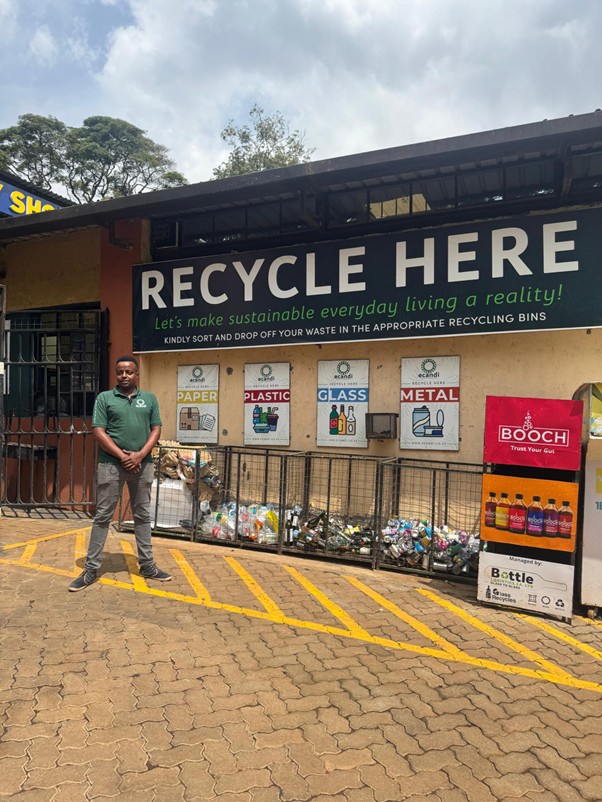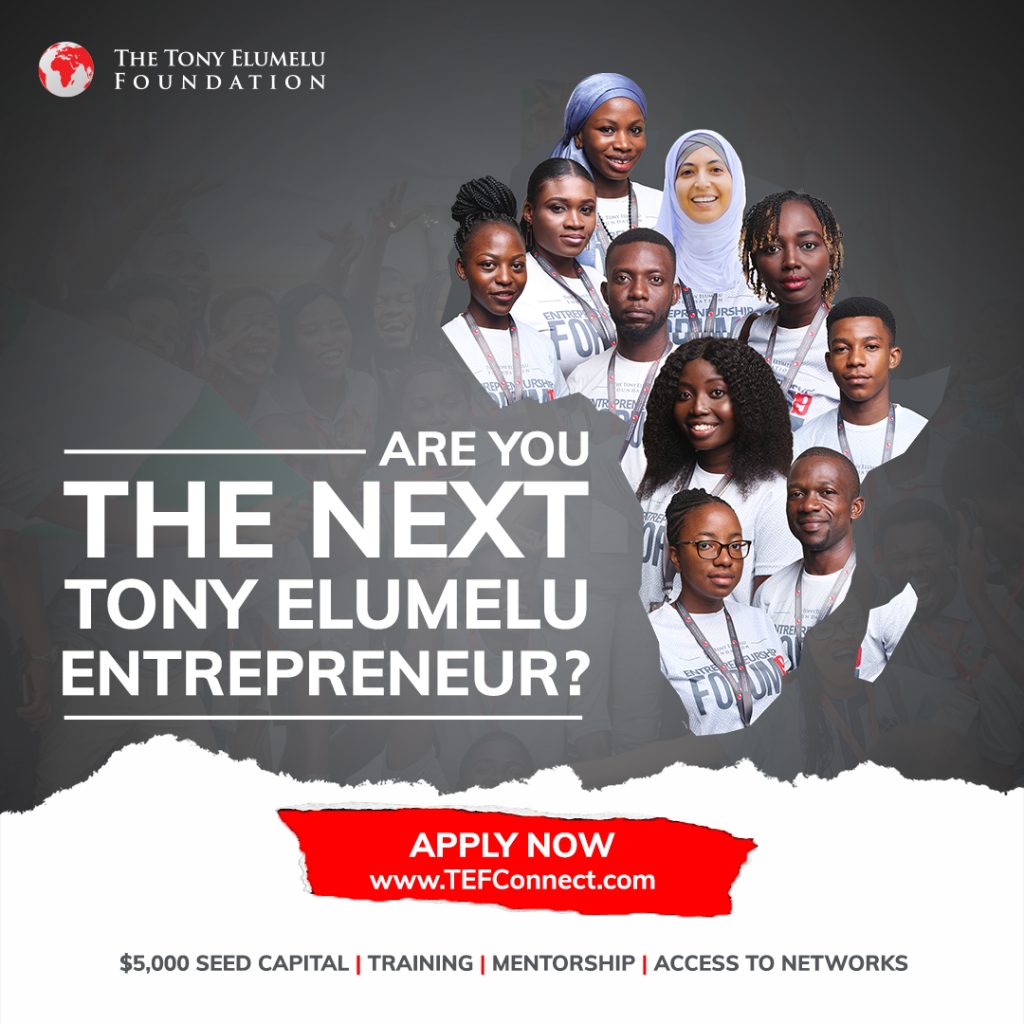Green Jobs, Green Profits How Young Africans Are Turning Waste Into Wealth

Green Jobs, Green Profits: How Young Africans Are Turning Waste into Wealth
Africa’s entrepreneurs are reframing one of the world’s greatest challenges into its greatest opportunity.
Across the continent, a new generation is proving that climate solutions are not merely acts of charity or sacrifice; they are profitable ventures that generate employment, create trade opportunities, and deliver prosperity alongside sustainability.
At the centre of this shift is BeGreen Africa, a partnership between the Tony Elumelu Foundation (TEF), the IKEA Foundation, and UNICEF’s Generation Unlimited (GenU). Designed to equip young Africans with the skills, capital, and market access to build green enterprises, it transforms climate action into an economic growth strategy.
From Risk to Reward: Rethinking Climate Action
Africa contributes less than 4% of global emissions, yet it bears the brunt of climate shocks: floods, droughts, desertification, and degraded soils. For years, the global narrative cast climate action as a sacrifice, a burden developing countries must shoulder to protect the planet.
But Africa’s young entrepreneurs see things differently. To them, climate adaptation is not a cost; it is a market. It is the chance to reimagine waste as raw material, renewable energy as industry, and sustainability as a competitive edge in the global economy.
Circular economy ventures repurpose waste into tradable goods,
Renewable energy start-ups expand access to power while reducing emissions.
Agri-waste innovators turn crop residue into biofuels and organic fertilisers.
BeGreen Africa: A Green Entrepreneurship Model
Launched in 2022, BeGreen Africa was designed to address what the United Nations (UN) and other international bodies call
“The triple planetary crisis: climate change, biodiversity loss, and pollution. with entrepreneurship as the antidote.”
The programme provides:
- Specialised training in green entrepreneurship, from waste management to renewable energy.
- Seed capital, ensuring young entrepreneurs move from concepts to viable operations.
- Mentorship and networks, linking them with investors, markets, and peers across borders.
Delivered through TEFConnect, TEF’s proprietary digital platform that connects over 2.5 million African entrepreneurs, BeGreen combines online learning with practical pilot programmes. It places Africa’s youth at the forefront of green transformation, equipping them not merely to survive the climate crisis, but to build industries out of it.
Turning Waste into Wealth: Evidence on the Ground
The early results are promising. In Kenya, entrepreneurs supported through BeGreen are converting organic waste into affordable biofertilisers, simultaneously raising crop yields and reducing harmful methane emissions.
"Before BeGreen, I saw organic waste as a challenge for my community. Today, I see it as a resource. With the training and seed capital I received, I am using Black Soldier Fly technology to turn waste into nutrient-rich frass and high-quality seedlings. This is not only reducing pollution, it is improving soil health and supporting farmers in Machakos County. BeGreen has shown me that waste is not the end of a cycle, it is the beginning of opportunity.”
— Benard Mbula Musyoki, BeGreen Africa Beneficiary
Across Afrcia, innovators are transforming plastic waste into construction materials, addressing both urban housing needs and pollution. These are formal businesses with clear market pathways: serving growing demand, creating jobs, and exporting sustainable solutions.
Green Entrepreneurship as Africa’s Competitive Edge
Africa has a unique advantage: unlike other regions, it is not locked into outdated, carbon-intensive infrastructure. It can leapfrog directly into clean technologies and circular economies.
- Export advantage: locally produced green goods, from recycled plastics to biofuels, can meet the rising global demand for sustainable supply chains.
- Employment creation: green ventures are inherently labour-intensive, absorbing the continent’s fast-growing youth workforce.
- Community resilience: local access to renewable energy, clean environments, and sustainable inputs strengthens economies from the ground up.
Here, climate action is not philanthropy. It is Africa’s competitive edge.
A Global Blueprint
BeGreen Africa demonstrates what happens when philanthropy, private capital, and development organisations align around entrepreneurship. Its model training, capital, mentoring, and networks for green innovation can be replicated in other emerging markets.
For governments and development partners across South Asia or Latin America, the lesson is clear: do not wait for external aid or carbon credits to trickle down. Invest directly in entrepreneurs who are already creating solutions that blend climate and commerce.
Green is Growth
Africa’s young entrepreneurs are charting a new path. They are showing that green jobs are not an afterthought of climate policy; they are the main prize. By turning waste into wealth and scarcity into opportunity, they are laying the foundations for both prosperity and sustainability.
BeGreen Africa is proof that when we invest in youth and innovation, the result is not just cleaner communities or reduced emissions. It is thriving businesses, new industries, and inclusive growth.
The world should take note: Africa is not waiting for luck or handouts. It is building green economies that pay in profits, in jobs, and in resilience.

